Building cultural capability and awareness
barpangu yurpangu Speaker Series
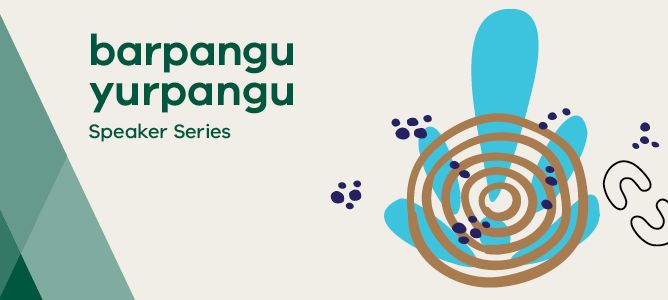 The barpangu yurpangu Speaker Series is a calendar of speaker events created for the purpose of fostering greater awareness of First Nations culture and communities, First Nations experiences and viewpoints on agriculture and self-determination.
The barpangu yurpangu Speaker Series is a calendar of speaker events created for the purpose of fostering greater awareness of First Nations culture and communities, First Nations experiences and viewpoints on agriculture and self-determination.
The events provide opportunities for people involved in agriculture to build their awareness of First Nations narratives and thought leadership and to provide a platform for First Nations people to contribute and engage in narratives around agriculture and self-determination.
Our speaker events
A range of topics discussed in our speaker series include:
- Aboriginal culture
- Aboriginal self-determination
- Aboriginal interests in agriculture
- Aboriginal people participating in agriculture.
Our webinars are free for anybody to view.
How to participate in our webinars
There are 3 easy steps to participate:
- Register for the webinars that interest you before the RSVP date.
- Once registered, an email confirming your selected webinar will be sent to you.
- One or 2 working days prior to each webinar you will receive an email with a unique URL link and step-by-step instructions on how to log in.
Coming events
More events coming in 2026.
Past events
What is going on with Indigenous Cultural and Intellectual Property?
Watch the recording on zoom.
Enter this passcode: a*8T1P
Read the transcript
This session with Patricia Adjei, Director, Standalone Legislation with the Office for the Arts, explored the term, Indigenous cultural and intellectual property (ICIP) as it relates to agriculture, bush foods and traditional knowledge.
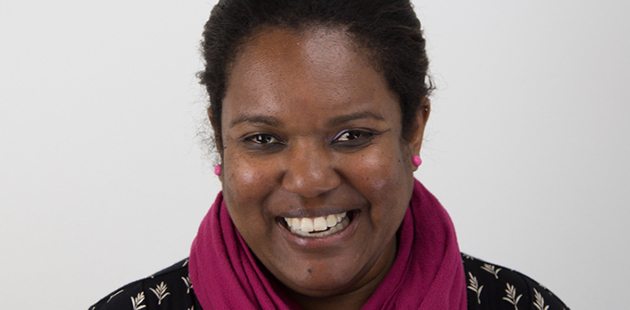
Doing Agriculture Differently – Experiences of First Nations farmers
This session focuses on ‘Doing agriculture differently – experiences of First Nations farmers’, with Josh Williams from Tumpinyeri Growers and Cory Robertson from Booma Foods.
Josh and Cory chat with Beth Jones, CEO of Agriculture Victoria, about their respective businesses, including how they solved challenges of access to land and how being First Nations farmers informs their business model in agriculture.
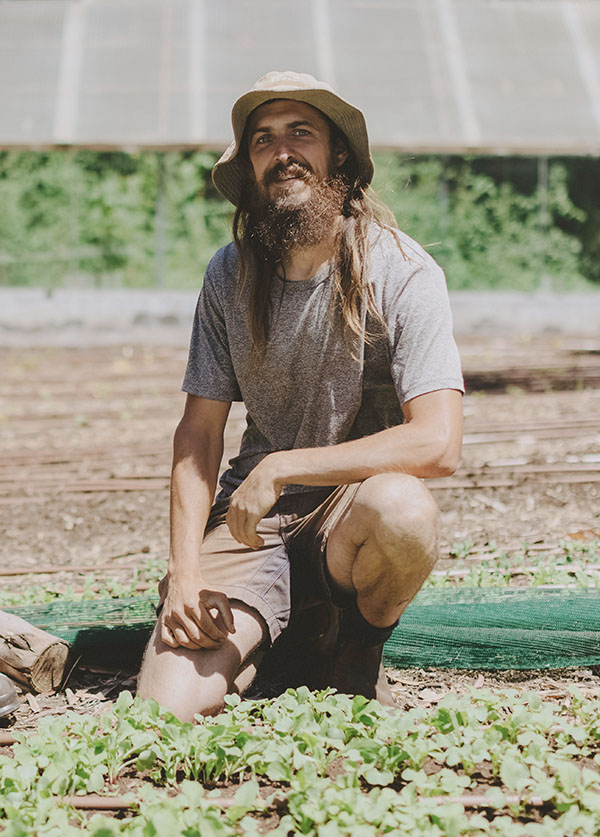
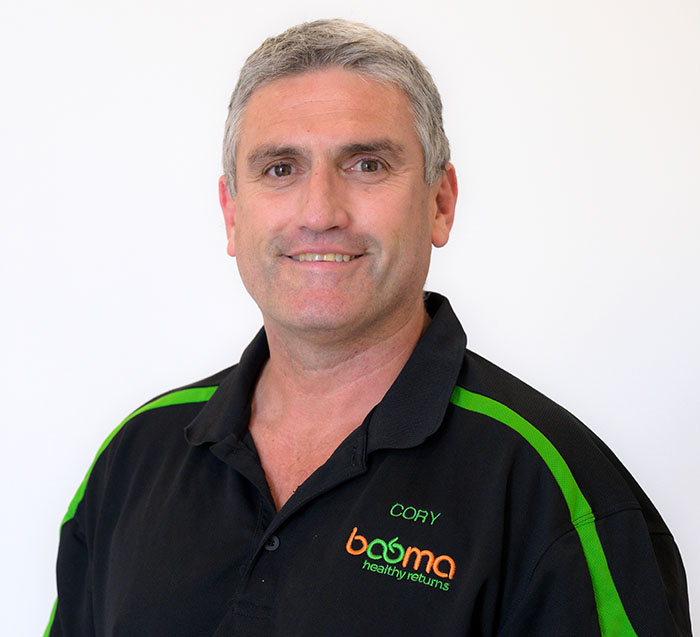
Brian Stevens, Gunnai man and Member for the South-east region, First Peoples’ Assembly of Victoria presents an overview of the pathway to Treaty in Victoria covering the journey so far and the status of the process and what might be expected in the future.
Watch the recording on zoom
Enter this passcode : vb92M#
Read the transcript
July
Understanding Treaty in Victoria
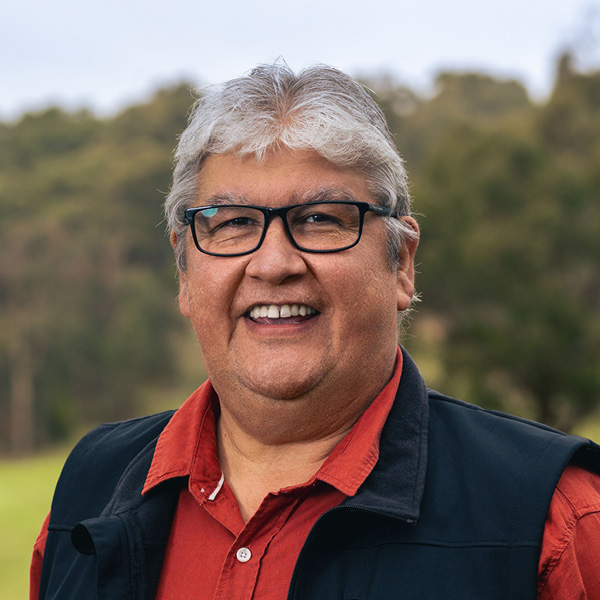
Brian Stevens, Gunnai man and Member for the South-east region, First Peoples’ Assembly of Victoria presents an overview of the pathway to Treaty in Victoria covering the journey so far and the status of the process and what might be expected in the future.
May
First Nations Women in agriculture – panel session

Elizabeth Mace, Kerry Arabena and Jocelyn King talk about their experience as First Nations women in agriculture. Facilitated by Beth Jones, CEO of Agriculture Victoria, our guest panel members, Elizabeth Mace, Kerry Arabena and Jocelyn King speak about their experience in agriculture, the challenges
in navigating access to participation in the sector and their aspirations for the future.
Watch the recording on Zoom
Passcode: 804242
March
Professor Andrew Gunstone, Leading international authority in reconciliation. (No recording available)
February
Joshua Gilbert, Indigenous consultant, agriculturalist and innovator

Truth-telling and engaging with Indigenous peoples is pivotal to the success of Australian agriculture. Indigenous people own over 60% of Australia’s landmass today, with great potential in incorporating Indigenous knowledges with land ownership for local self-determination. From bushfoods or native
foods to modern agriculture, realising Aboriginal culture as fluid unlocks conversations within the farming section and beyond.
This presentation unpacked opportunities for Indigenous agriculture, shared historic elements of importance, unpacked the current state and provided an understanding of opportunities for the future.
Watch the recording on Zoom.
Passcode: pCis&S